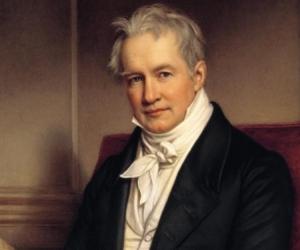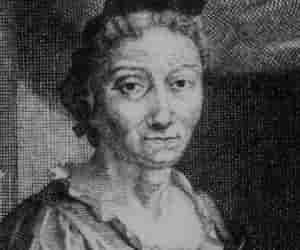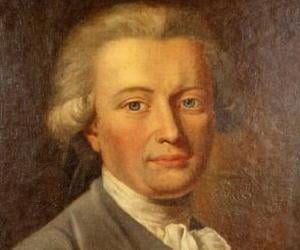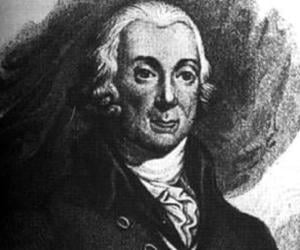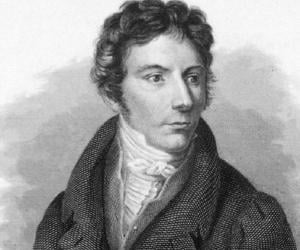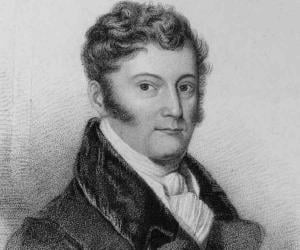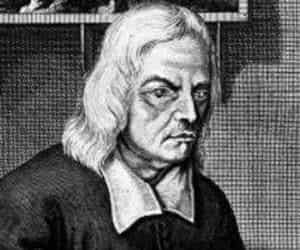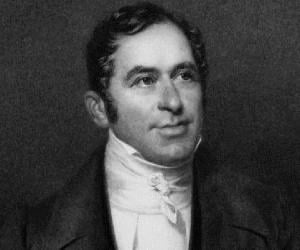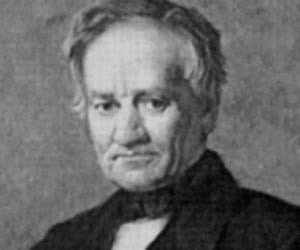1
Alexander von Humboldt
(Geographer)
Birthdate: September 14, 1769
Sun Sign: Virgo
Birthplace: Berlin
Died: May 6, 1859
Alexander von Humboldt was a German polymath known for his work as a geographer, naturalist, explorer, and advocate for Romantic philosophy and science. He made significant contributions to botanical geography, biogeography, and geophysical measurement, pioneering modern geomagnetic and meteorological monitoring. Humboldt's extensive travels in the Americas led to groundbreaking scientific observations and theories, including proposals about the past connection of continents and early warnings about human-induced climate change. His holistic approach to scientific knowledge and culture in his treatise "Kosmos" influenced the development of ecology and environmentalism.
